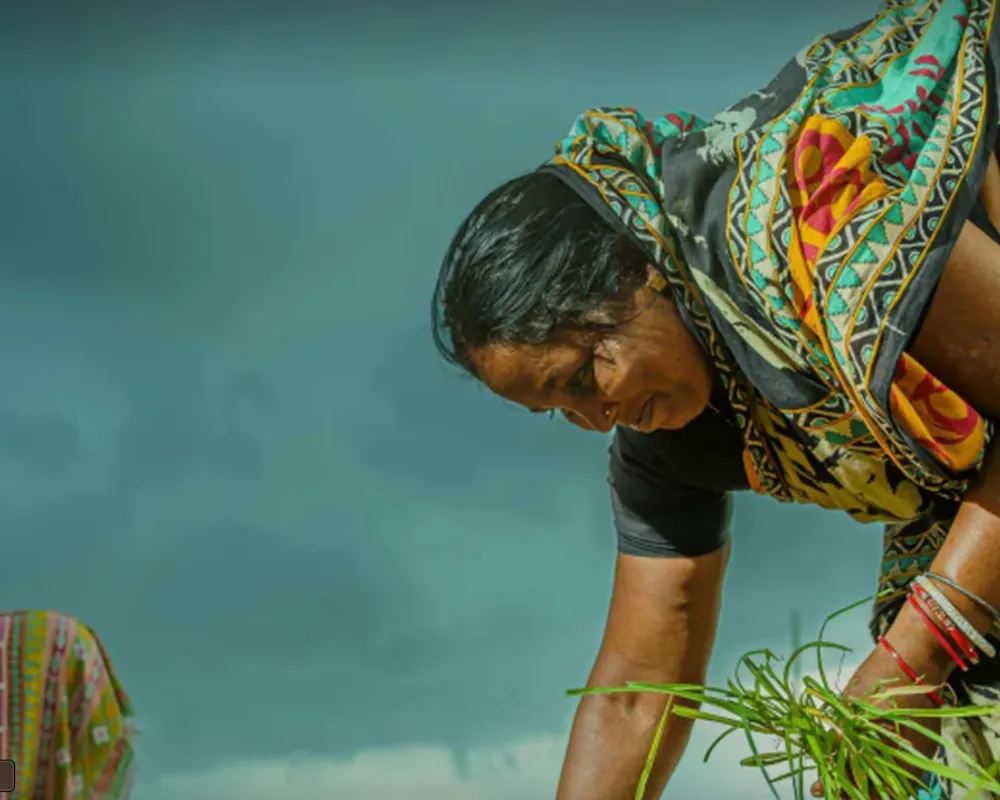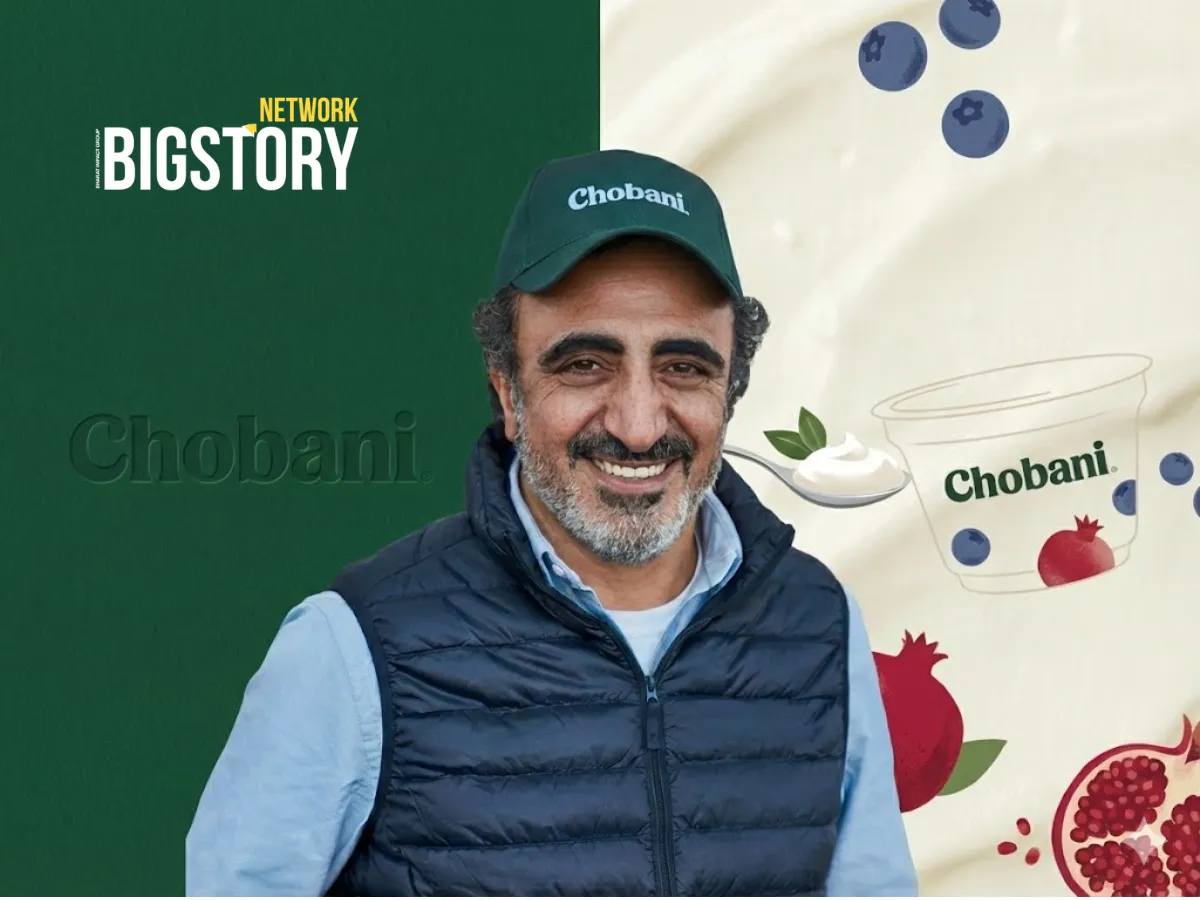Bageshwar's women-led millet factory, once thriving with 900 workers, now stands closed—a story of potential and loss.
 Rashmeet Kaur Chawla
Rashmeet Kaur Chawla

In the beautiful green hills of Bageshwar, Uttarakhand, there was special factory run by women.This factory gave jobs to nearly about 900 women and made a yearly income of around ₹15 lakh. The women worked with millets—a kind of grain that specifically grows well in the hills. But today, the factory is closed. The machines have stopped. The women who once worked there have returned to their homes. This story is both inspiring and sad. This story has two sides. It shows how women can do great things if they get a opportunity, but also on the other side how hard it is to keep small businesses running in remote places like Bageshwar.
The factory started in 2015 with help from the government and local women’s groups called Self-Help Groups (SHGs). The idea was to help women earn money and bring millets back into people’s diets. Millets, which includes mandua (finger millet), jhangora (barnyard millet), and kodo, are traditional grains in Uttarakhand. They are healthy because they are high in fiber and nutrients. Many women from nearby villages joined the SHGs. They learned how to clean, process, grind and pack millet into different products. For many, it was their first time working outside their homes. In its initial first two years, the factory made different millet products — like millet flour, whole grains, and ready-to-cook mixes. These were sold in local markets, at fairs and in some city
shops. The products were packed in simple packets with labels showing health benefits and telling the story of the women behind them. The factory earned around ₹15 reflecting a big success for a small business in the hills. Some government departments bought the products to use in nutrition programs. Tourists visiting Bageshwar also liked buying the millet packs as healthy souvenirs.
However, even though the factory was doing well at first, problems began to show. The local market in Bageshwar was small. Many people there already grew millet at home. To sell more, the factory had to send its products to cities like Dehradun, Delhi and others. But sending goods from the hills to the cities cost a lot of money, which reduced the factory’s profits.
Big brands also started selling millet products in city markets. They had better packaging, more advertising and could sell at lower prices. The women’s factory could not compete with these big companies. Another problem was that the factory depended a lot on government orders. When these orders slowed down, the factory lost a big part of its income.
Then the COVID-19 pandemic came in 2020, and it hit the factory hard.
Lockdowns stopped transport. The women could not go to the factory to work. No new orders were coming in because shops were closed and people were staying at home.
Even though the government tried to help small businesses, the factory could not survive. There was no money to pay workers, buy new raw materials, or keep the machines running.
Why Small Factories Struggle?
Experts say that Bageshwar’s factory closed because of several reasons common to small businesses in rural areas:
Ironically, millets are becoming popular again because people are looking for healthier food options. But for small factories like the one in Bageshwar, the challenge is how to turn this interest into real business. Experts say rural factories need better links to city markets, good packaging, online sales, and partnerships with bigger companies to survive.
Hope Lives On….
Even though the factory is shut, some women in Bageshwar are not ready to give up because millet factory is not just a story of a business closing. It’s also a story of courage, learning and hope. It shows that helping women and promoting traditional grains like millet is a great idea — but it needs strong plans and support to last long.






Sign up for the Daily newsletter to get your biggest stories, handpicked for you each day.
 Trending Now! in last 24hrs
Trending Now! in last 24hrs



